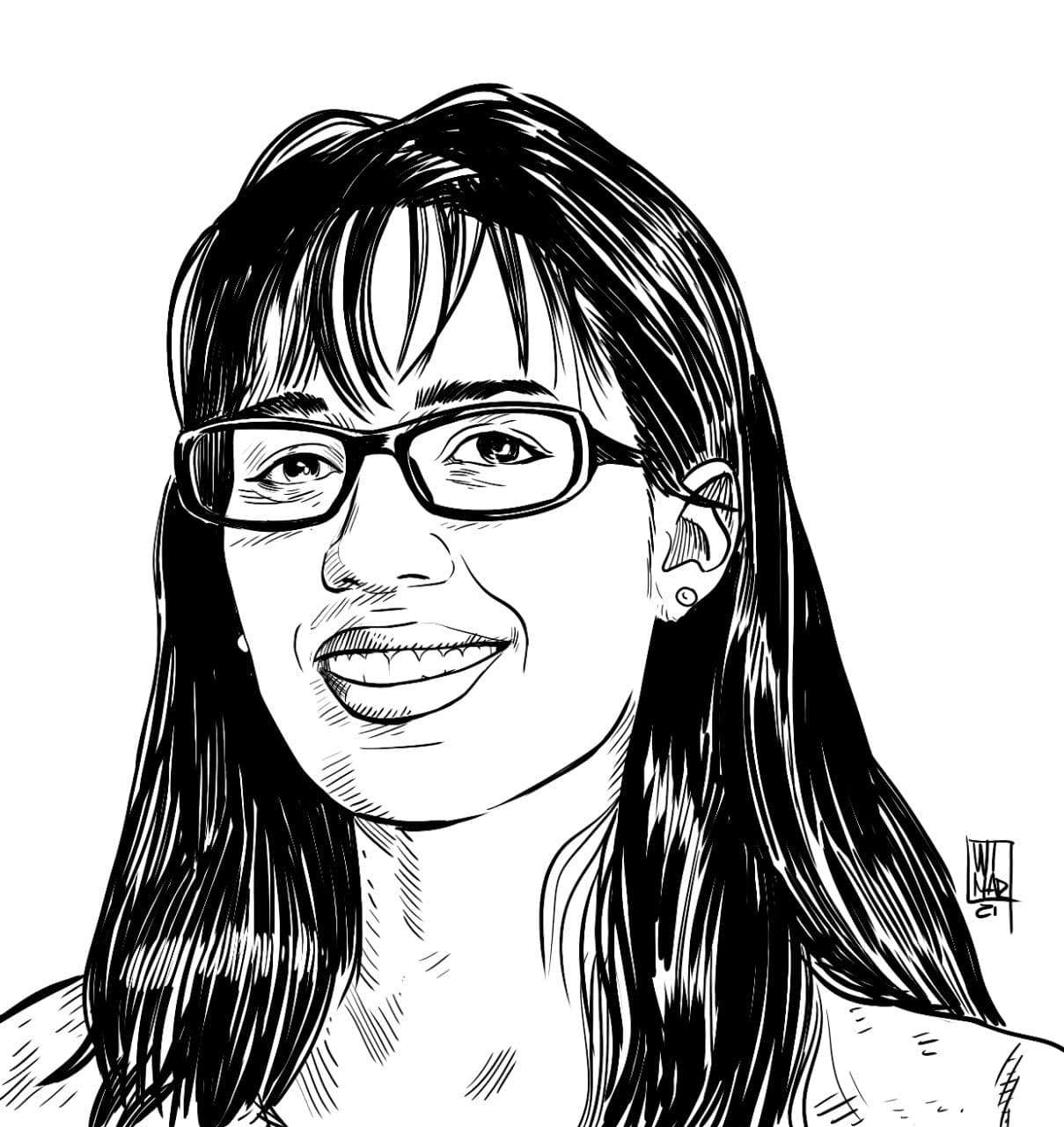Autor

Mónica Rivero
Licenciada en Periodismo por la Universidad de La Habana (2012). Directora Editorial web de OnCuba News entre 2016 y 2019. Cofundadora de Revista Late. Humphrey Fellow en la Walter Cronkite School of Journalism and Mass Communications, ASU.
In today’s Cuba, People don’t go outside because they don’t have any money. People go outside to stand in line. People don’t make money because nobody is going out. Nobody is going out because businesses are closed. There aren’t any tourists. Businesses don’t open because nobody goes to them, because there isn’t anything.
The following is a firsthand account reconstructed from many instant messages; a portrait of the elderly who have to wake up at dawn to buy a limited number of products once a month, amidst a pandemic and new bureaucratic procedures.
One of these hotels was opened in Cayo Guillermo, on the beach and outside the “main island”, two years ago. The Havana Axel-Telegrafo Hotel, dedicated to the LGBTIQ+ community, is innovative on two fronts: it will be the first hotel of its kind in the Cuban capital, located on Prado and Neptuno streets. Discussions haven’t […]
After several hours in migratory limbo, Cuban journalist Karla María Perez was welcomed as a refugee by Costa Rica. The Government of the Central American country granted her the right to apply for this status after she was forced on the night of March 18 to make an unexpected return trip to San Jose from Panama.
On December 8th 2020, the Federation of Cuban Women (FMC) organized a hate rally against independent journalist Iliana Hernandez. It took place right in front of her family’s home.
Not crying or expressing some emotions is still one of the first lessons too many young boys learn. It’s an essential condition to being or becoming a real man. But what does this mean exactly? What are the standards that society tells men follow?
There is another form of sexual harassment that is a lot more common, in our everyday lives and visible. It is such a naturalized form of sexual harassment, that quite a few people even question whether it is reason enough to file a complaint and be rejected. I’m talking about sexual harassment on our Cuban streets.
Autores

Mónica Rivero
Licenciada en Periodismo por la Universidad de La Habana (2012). Directora Editorial web de OnCuba News entre 2016 y 2019. Cofundadora de Revista Late. Humphrey Fellow en la Walter Cronkite School of Journalism and Mass Communications, ASU.
In today’s Cuba, People don’t go outside because they don’t have any money. People go outside to stand in line. People don’t make money because nobody is going out. Nobody is going out because businesses are closed. There aren’t any tourists. Businesses don’t open because nobody goes to them, because there isn’t anything.
After several hours in migratory limbo, Cuban journalist Karla María Perez was welcomed as a refugee by Costa Rica. The Government of the Central American country granted her the right to apply for this status after she was forced on the night of March 18 to make an unexpected return trip to San Jose from Panama.
There is another form of sexual harassment that is a lot more common, in our everyday lives and visible. It is such a naturalized form of sexual harassment, that quite a few people even question whether it is reason enough to file a complaint and be rejected. I’m talking about sexual harassment on our Cuban streets.
The following is a firsthand account reconstructed from many instant messages; a portrait of the elderly who have to wake up at dawn to buy a limited number of products once a month, amidst a pandemic and new bureaucratic procedures.
On December 8th 2020, the Federation of Cuban Women (FMC) organized a hate rally against independent journalist Iliana Hernandez. It took place right in front of her family’s home.
One of these hotels was opened in Cayo Guillermo, on the beach and outside the “main island”, two years ago. The Havana Axel-Telegrafo Hotel, dedicated to the LGBTIQ+ community, is innovative on two fronts: it will be the first hotel of its kind in the Cuban capital, located on Prado and Neptuno streets. Discussions haven’t […]
Not crying or expressing some emotions is still one of the first lessons too many young boys learn. It’s an essential condition to being or becoming a real man. But what does this mean exactly? What are the standards that society tells men follow?






